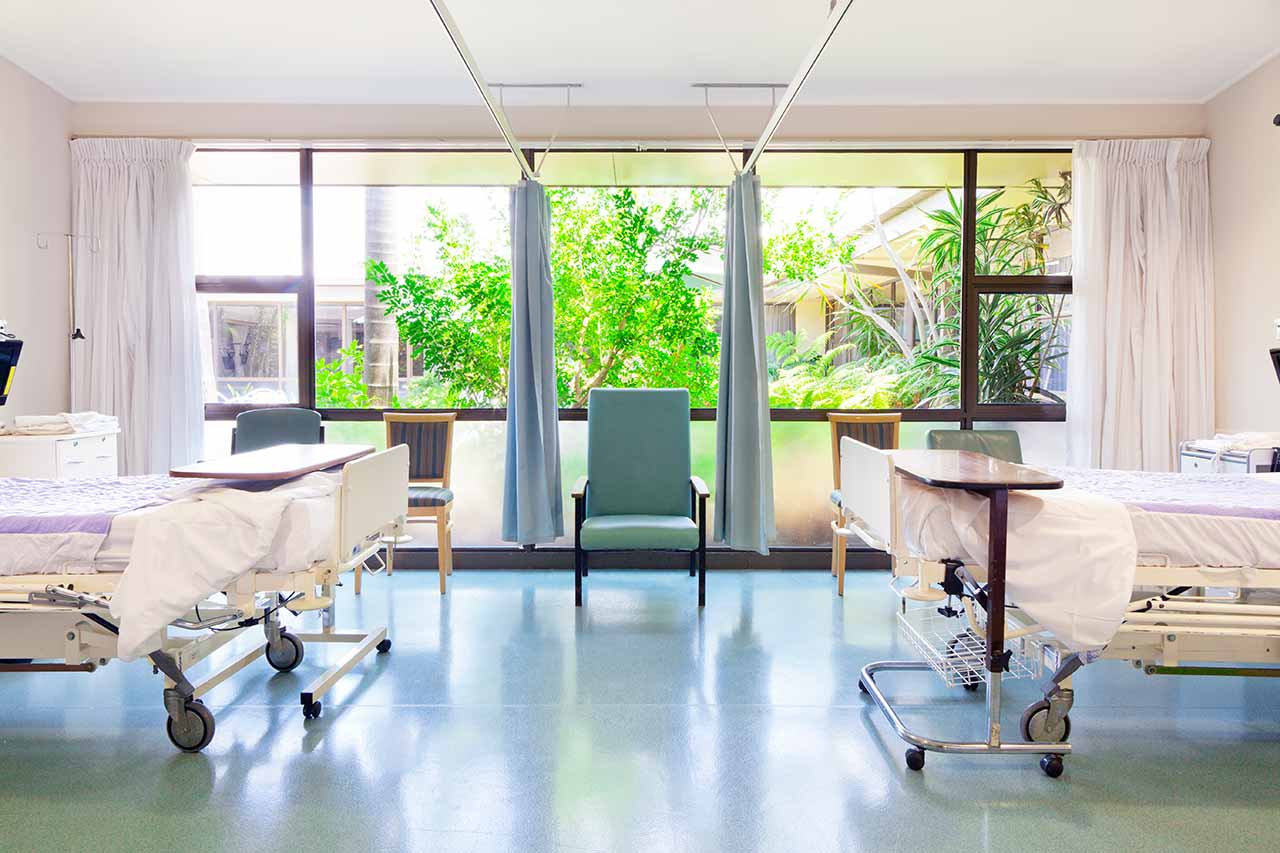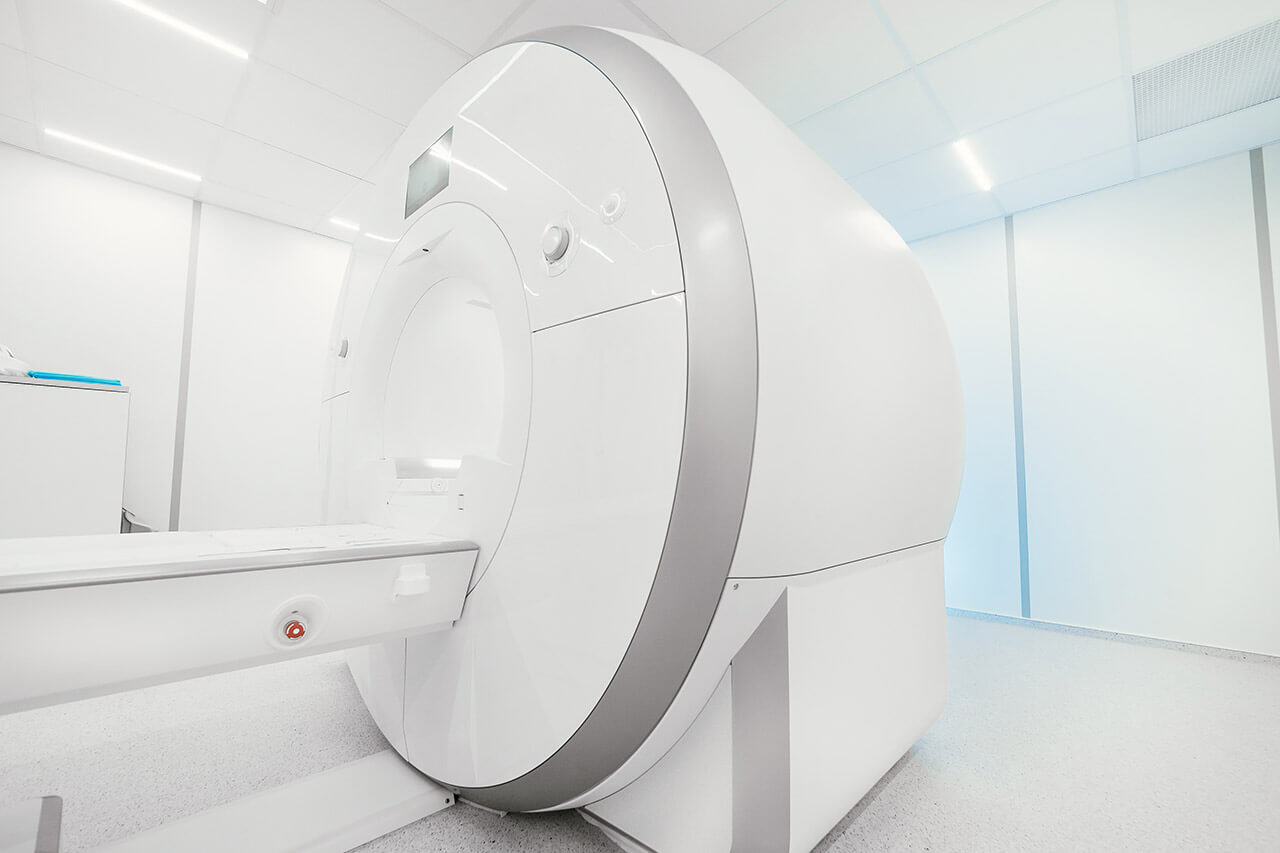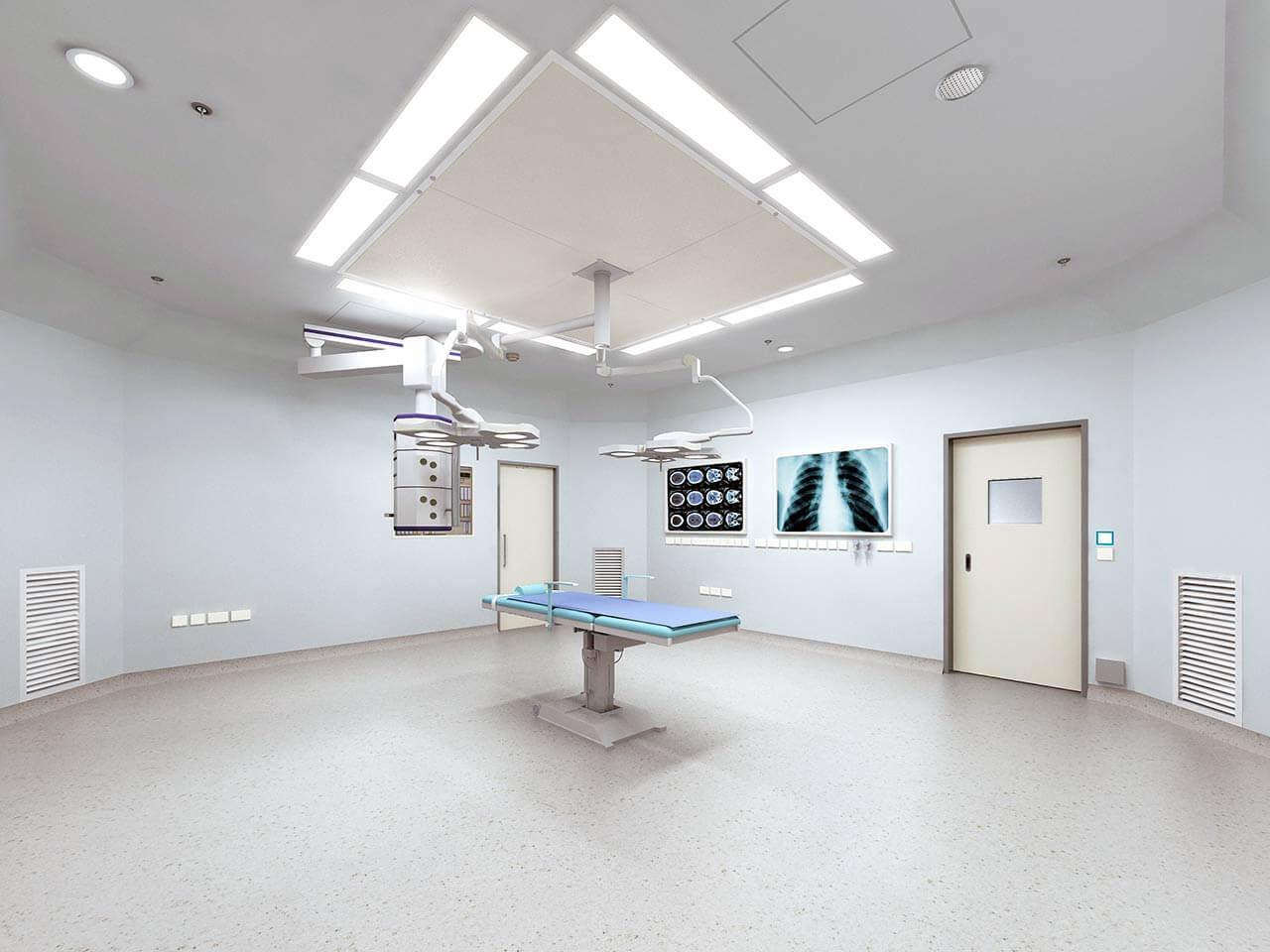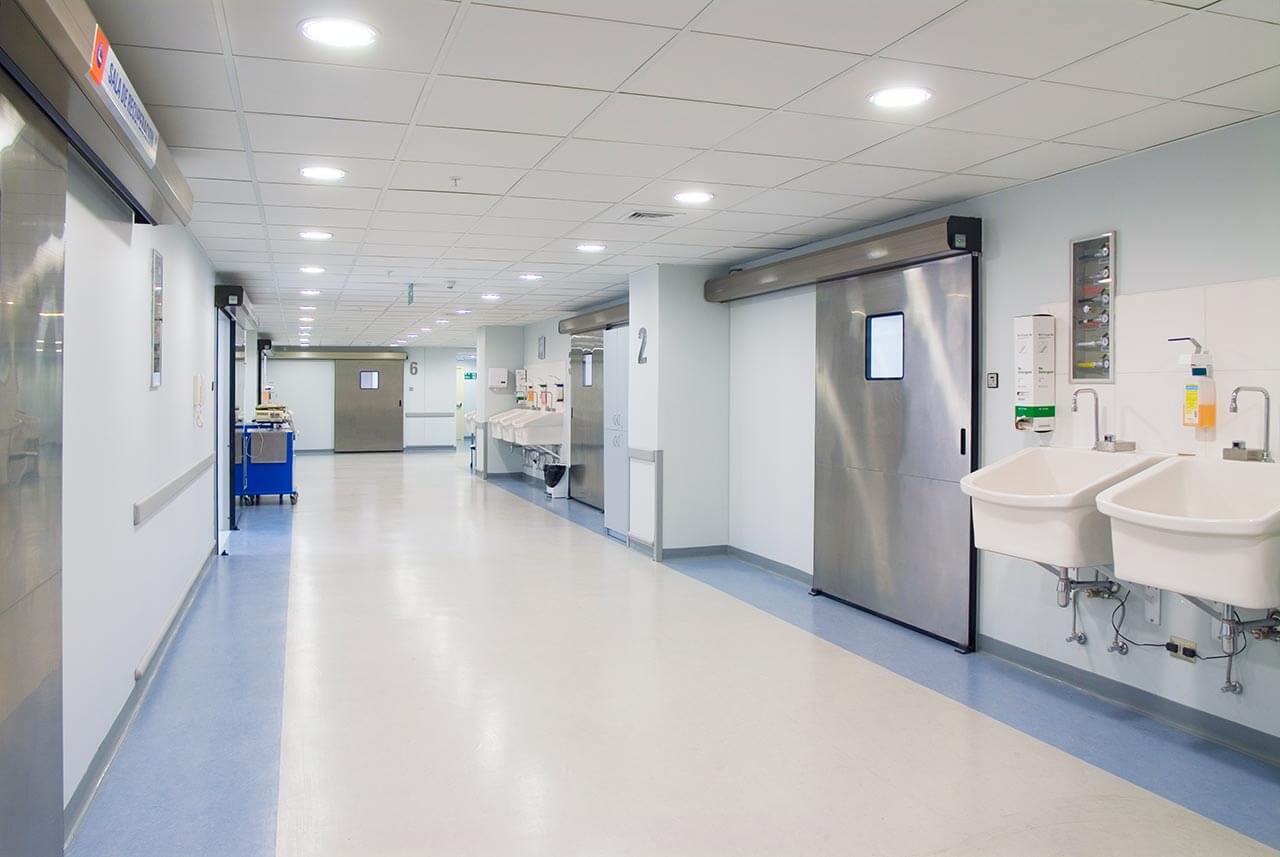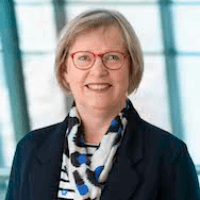
About the Social Pediatric Center at Eichsfeld Hospital Heilbad Heiligenstadt
The Social Pediatric Center at the Eichsfeld Hospital Heilbad Heiligenstadt provides the full range of services for the treatment and care of young patients with neurological pathologies, developmental disorders and disabilities. The medical facility admits children from 0 to 18 years old. Children with delayed motor, speech, mental and general development, cerebral palsy, epilepsy, autism spectrum disorders, attention deficit hyperactivity disorder, learning difficulties, sleep and eating disorders, anxiety syndrome and other pathologies usually receive help here. In their work, the specialists of the center use only reliable and highly effective therapeutic methods. The medical institution works closely with pediatricians, psychologists, specialists in the development of children with special needs, physiotherapists, occupational therapists and other experts who work together for the benefit of young patients. The center provides both individual and group therapy with the participation of parents. The center is headed by Dr. med. Dietlind Klaus.
When a child is admitted to the department, experienced pediatricians and specialized doctors conduct a thorough clinical examination. Based on the results of the examination, a young patient is prescribed comprehensive diagnostics, which may include electroencephalography, laboratory tests, imaging studies, physiological studies, IQ tests and other procedures. With the full clinical data available, doctors draw up an individual treatment program, and also give the child and his parents the necessary recommendations. If necessary, parents can always get additional advice on individual care and activities with the child. The goal of the medical staff of the center is not only to provide patients with high-quality medical care, but also to ensure maximum comfort throughout the entire period of stay at the medical facility.
The specialists working in the center pay special attention to the diagnostics and treatment of epilepsy in children and adolescents. Epilepsy is a chronic condition, often accompanied by impaired consciousness during seizures. To confirm the diagnosis, electroencephalography is used, which records specific changes in the bioelectric activity of the brain. In the course of making a diagnosis, it is extremely important to accurately determine the cause of the development of epilepsy and the localization of the epileptogenic focus in the brain. The treatment is based on pharmacotherapy, which is selected individually, depending on the type of seizures. As a rule, dosages of anticonvulsants are calculated taking into account the age and weight of the child, the presence of concomitant diseases and metabolic parameters. The children are supervised around the clock by a team of highly qualified specialists, who are ready to provide assistance at any moment.
The center regularly admits patients with infantile cerebral palsy (ICP) and other disorders of the musculoskeletal function. To confirm or exclude a diagnosis, the specialists study the patient's medical history, including the history of pregnancy and childbirth, perform a complete neurological examination and magnetic resonance imaging (MRI). ICP therapy is comprehensive, with the involvement of specialists from related medical fields. It may include physical therapy with neurophysiological therapy (such as the Bobath concept), strength training, treadmill training, constraint-induced movement therapy, and other techniques. If the drug treatment is ineffective, the child may be prescribed surgery. In some clinical situations, selective dorsal rhizotomy (SDR) may be performed. In addition, depending on the severity and course of the disease, surgical correction of secondary anomalies of the lower and upper extremities, surgical correction of the position of the hip or scoliosis, which develop at later stages, may be required.
Another very important focus of the center's work is the diagnostics and treatment of autism in children. Autism is a serious childhood mental illness. Autism spectrum disorders range from deficits in social interaction to severe mental retardation. As a rule, the first signs appear before the age of three. During the examination, the child undergoes special tests and is under constant supervision, psychologists and other medical specialists work with him. The main goals of autism therapy are to improve the quality of life and independence of the patient with gradual integration into the social environment. After intensive care, some children experience complete remission of the disease or a significant decrease in symptoms and antisocial behavior.
The center's main clinical focuses include:
- Epilepsy therapy in children and adolescents
- Focal seizures
- Generalized seizures
- Infantile cerebral palsy therapy
- Spastic infantile cerebral palsy
- Dyskinetic infantile cerebral palsy
- Ataxic infantile cerebral palsy
- Muscle tone disorders
- Cognitive impairment
- Attention deficit disorder therapy
- Hyperactivity
- Attention disorders
- Impulsiveness
- Autism spectrum disorder therapy
- Dyscalculia (math learning disability) therapy
- Chronic headache therapy
- Dyslexia therapy (learning difficulties to read and write)
- Therapy for the consequences of psychological trauma
- Physical violence
- Emotional abuse
- Post-traumatic stress
- Obsessive thoughts
- Concentration and sleep disorders
- Therapy for other neurological and developmental disorders in children
Curriculum vitae
Dr. med. Dietlind Klaus is a renowned specialist in pediatrics, neuropediatrics and psychotherapy. Dr. Klaus has been the Head of the Social Pediatric Center at the Eichsfeld Hospital Heilbad Heiligenstadt for many years. Thanks to her many years of experience and professionalism, the doctor has won fame not only in Germany, but also in many other European countries. The doctor regularly speaks at conferences and is engaged in scientific activities, which allows her to timely introduce innovative diagnostic and therapeutic techniques into the clinical practice of the center.
Photo of the doctor: (c) Eichsfeld Klinikum
